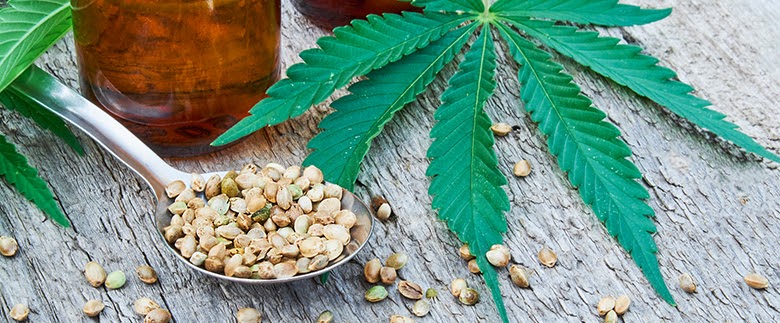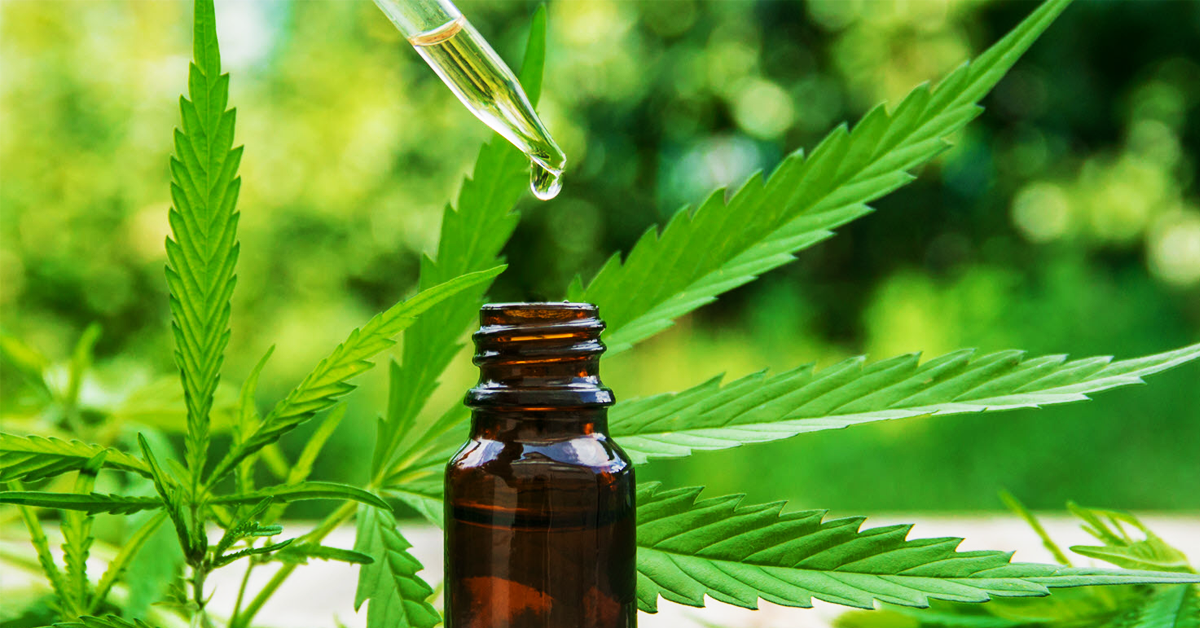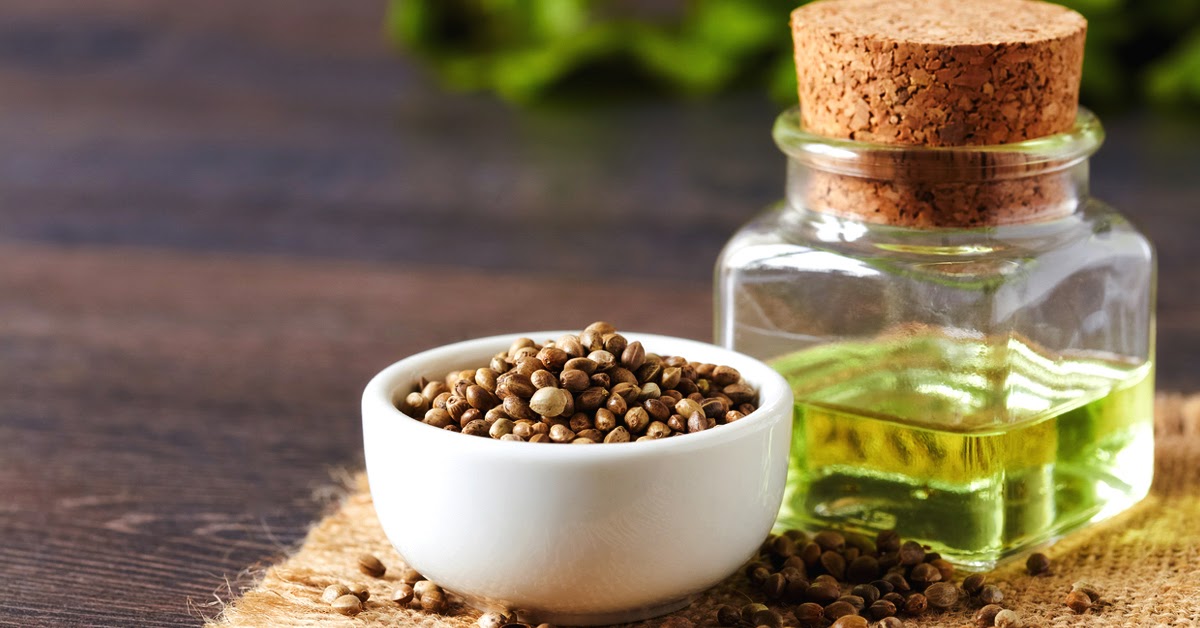We use cookies to make your experience better. To comply with the new e-Privacy directive, we need to ask for your consent to set the cookies. Learn more.
What is CBD (Cannabidiol) - Definition, Benefits, & Effects
The cannabis plant has over the years, shown its true and astonishing potential and continues to do so today. While it was largely associated with recreational activities and getting 'high', the face of this green plant has been adopted by the world, bringing about a shift from allopathy medicines. Also termed as 'Gift from God', cannabis is slowly moving away from the stigmatized view of drugs into more of a grey area where people are slowly but surely accepting it.
I am sure you're here to learn what is CBD - one of the most promising compounds of our miracle plant. This therapeutic compound is extracted from the plant and processed into different forms for easy consumption by those who need it. In this extensive guide, I will be taking you through its definition, extraction process, benefits, dosage, legality, consumption method, and much more.
Let's get started!
What is CBD?

To put it shortly, CBD stands for Cannabidiol. In my time with the cannabis plant and its research, so many people have asked about CBD meaning and other related questions, that it seemed fair to write an article about it.
CBD or Cannabidiol is a very beneficial compound found in the resinous part of the cannabis and hemp plant. It makes a part of the hundreds of unique “phytocannabinoids" of the cannabis plant, providing it with healing and helping profile.
It is a safe, non-addictive substance that imparts its medical properties without any additional high. Unlike THC, the closely related cannabis compound, it does not have any intoxicating properties or leads to a high. This makes it largely appealing to the older section of the society who is looking for relief without the feeling 'stoned' part. In fact, CBD helps to lessen or neutralize the effect of THC based on its dosage & proportion. You can get your hands on many CBD products with little to no THC content.
CBD works to treat many ailments which we will be discussing in detail later. Our next topic is CBD and getting high!
CBD - How does it work on the brain and body?
Now that we know what is CBD, let’s move onto its working.
One of the reasons why CBD and THC are very popular is because they interact and imitate our 'endocannabinoid system'. The endogenous cannabinoids found in the system regulates a broad range of psychological processes. You can imagine how important it is for the 'endocannabinoid system' to function efficiently, without being deficient or overactive.
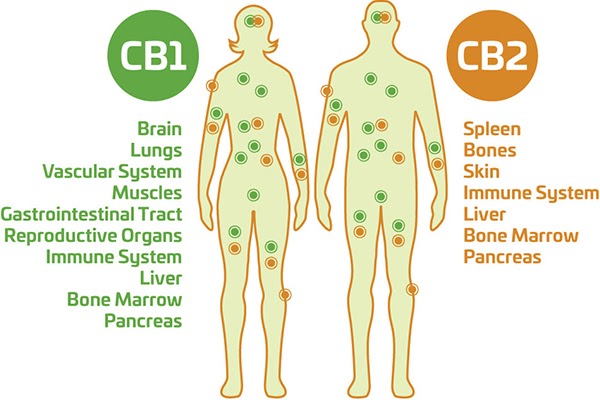
So, what happens when it fails to work properly?
It leads to issues that can range from psychological to physical and much more. More often than not, many diseases are linked with the improper functioning of the system.
Where does CBD come into play in all of this?
In nearly every pathological condition, the endocannabinoid system is affected or dysregulated. CBD and THC help to regulate or modulate the system by mimicking or augmenting the effects of the compound. It helps to prevent any chemical breakdown in the brain leading to an amplified mental functioning.
What is the correct dose for CBD?
When it comes to CBD dosing, there is no one correct answer. Unlike pharmaceutical drugs, you do not get a prescription to take a tablet 3 times daily. In fact, CBD dosage has to be curated according to the problem and the relief, and other underlying factors. These factors can range anywhere between the individual biology, delivery method, and also your capacity and how the CBD reacts with your endocannabinoid system. Basically, there is no one-size-fits-all dosage system with CBD.
If you’re planning to start with CBD dosage, start small and then build up your preferred dose according to your issue. It is always better to take professional advice when it comes to trying Cannabis.
The different ways to consume CBD
Smoking
Smoking is one of the most popular ways of consuming CBD. It has been the primary mode to enjoy the associated high of the cannabis plant and remains to this day the most sought after one. Strains with high CBD content is preferred for this mode of consumption. It does induce a feeling of relaxation, especially if you’re using the CBD to calm your anxious self. Moreover, smoking also leads to a sooner onset of effect.
Don’t worry, there are many other ways to consume it.
Vaping

Vaping is pretty similar to smoking, but instead of 'burning' the herbs or any other substance, it heats it just enough to vaporize it, leading to much cleaner smoke. Vapes are all the rage right now and you can get one from your local head shop in several varieties. It is also said that vaping delivers a quicker dose of CBD. Additionally, vaping also offers several options ranging from oil pens, desktop vaporizers, wax or dab pens, and dry herb vaporizers.
| Also Read: CBD Vaping - What's the Difference Between an E-Liquid & Oil? |
Topical Products
These come in the form of creams, roll-ons, oil, balms, rubs, and salves. Once applied, the CBD in the product interacts with the CB1 and CBD2 receptors and stimulates them to work their magic.
CBD is quickly finding its way into the skincare industry too with CBD-based beauty creams. Pretty impressive, isn't it?
CBD Tinctures

CBD Tincture is one of the more popular ways of sublingual consumption. Many people do not prefer the smoke/vape options or the fact that they have to wait for the edibles to kick in. Tinctures are surely the easiest and quickest way to administer your CBD dose.
Tinctures make use of a solution like alcohol, vegetable glycerin, coconut oil, ethanol, and flavours along with CBD to make a CBD-infused tincture. The idea is to use a dropper to administer the tincture under the tongue for quick effects.
| Also Read: Cannabis Tincture- Everything You Need to Know About Them |
CBD Oil
What is CBD oil - I get this question a lot. I would say CBD oil is the most popular method to consume CBD that does not involve burning your lungs. They are very similar to a tincture, with the only difference being the time of soaking. This makes CBD oil of a higher quality than the tincture, though they are more bitter than tinctures as there is no flavour in them.
You can usually find them in any store with the oils labelled; CBD oil for anxiety, CBD oil for pain, and so on. Have a look at our CBD Oil Guide.
CBD Edibles
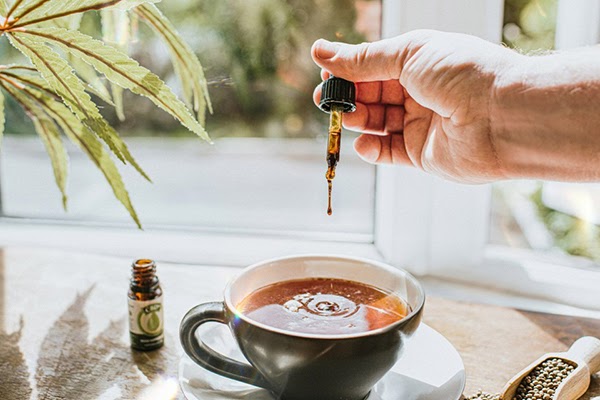
For those who want to be discreet and completely hide their CBD in beautiful munchies, edibles are your jam!
Add CBD to your favourite brownie recipe or kick starts your day with toast and canna-butter, the list is endless with CBD edibles. From chocolates, gummies, candies to teas, milkshakes and coffee, and oil you can make your own entire CBD-menu.
CBD - The grey area of Legality
When it comes to cannabis or CBD rules and regulation, there is generally a great deal of confusion. Cannabis is classified as a Class B drug under the Misuse of Drugs Act, however, CBD does not fall into that category.
CBD oil is legal in the United Kingdom with some ifs and buts that should be followed to avoid persecution.
- It should not have more than 0.2% of THC, as the intoxicating compound is a controlled substance under the Misuse of Drugs Act 1971.
- CBD is legal as far as it is derived from an industrial hemp strain that is EU-approved or comes from outside the EU.
-
The first rule has an exception, which allows Sativex, a 50-50 mix of THC and CBD produced in a lab to be approved for use as a treatment for multiple sclerosis in the Kingdom. Cannabis remains unlicensed in the UK, which means it can only be prescribed to a person if their needs are not met by licensed medicines.
What’s the difference between hemp CBD and cannabis-derived CBD?
CBD is an abundant compound found in both cannabis and hemp plants. Though the molecule remains the same regardless of the source, there is still some important difference between the two types of CBD.
Hemp is defined as the crop low on resin and is generally used for industrial manufacturing like clothing, textiles, food, etc. On the other hand, cannabis is referred to as the plant with a high resin production.
Hemp-derived CBD:
Hemp-derived CBD is legal in the UK as it barely has THC content. For people looking to avoid THC altogether, this makes it perfect for them. The only drawback here is that hemp has a limited spectrum of therapeutic compounds when compared to the cannabis plant.
Cannabis-derived CBD:
Cannabis-derived CBD is known to have a greater number of therapeutic compounds than their hemp counterpart, it is still not legal in the UK.
This brings us to the end of the blog about what is CBD and how it affects and benefits us. I hope you found this interesting and helpful enough. If you’ve any doubts or questions, feel free to drop a comment below.


